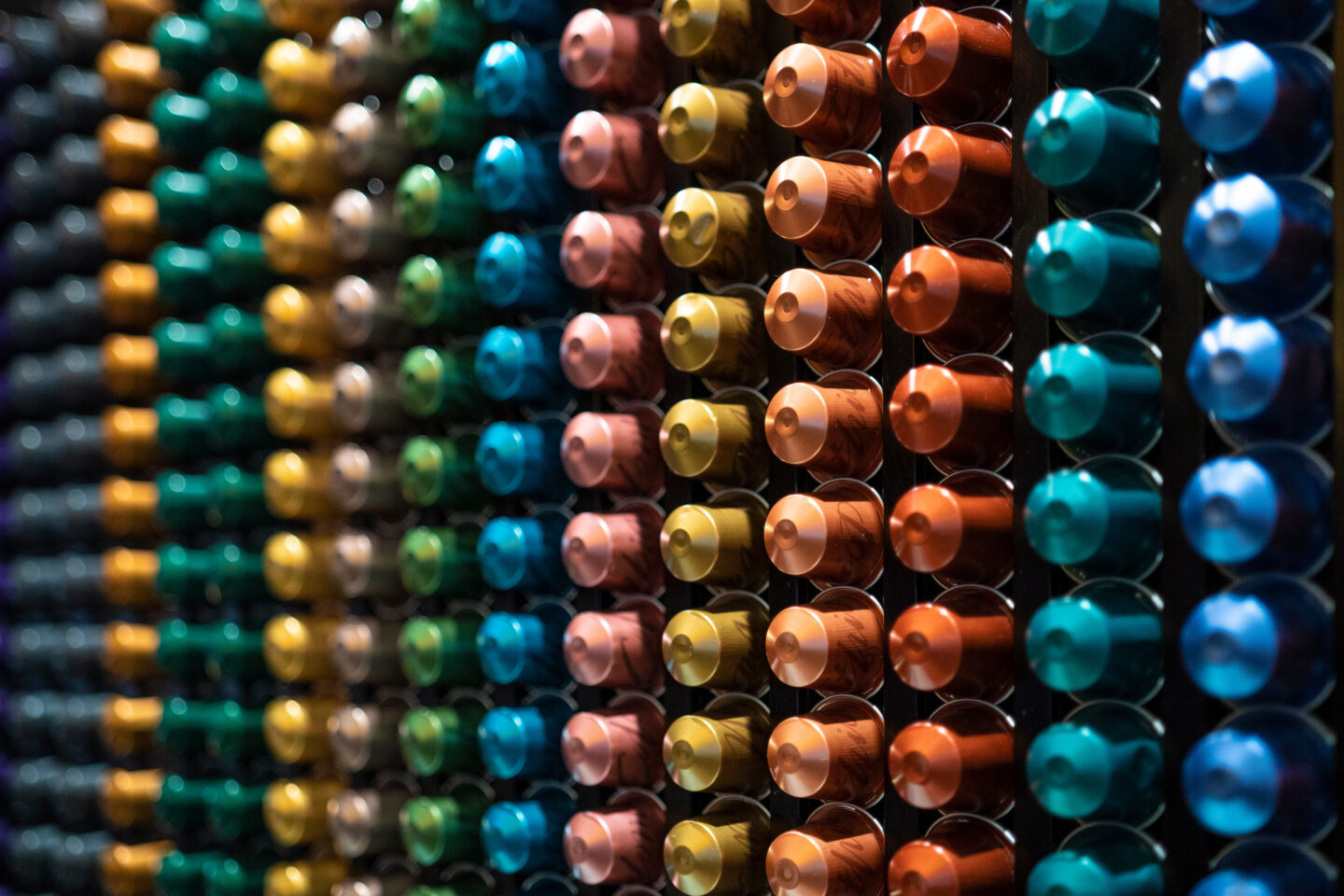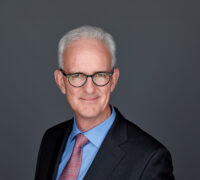Le Cunff certainly walks the talk on circularity. His sneakers are made from recycled Nespresso coffee grounds made by startup Zeta Shoes. Unlike a startup that is sustainable by design, however, Le Cunff believes consumers might not be ready to be inspired on sustainability by a brand like Nespresso which has faced criticism .
“We don’t have a license to tell,” he said. “But we do have 15,000 people working for Nespresso who are convinced about what they do and why they do it. And we are all invested, especially after Nespresso received B Corp certification a year ago, reflecting our 30-year commitment to sustainability, transparency, and responsible business. This inspires us to do even more.”
Partnerships trump PR
Le Cunff believes full transparency and partnerships with NGOs and civil society groups are a more effective way to achieve its goals and ambitions, as well as help change minds about Nespresso’s social and environmental credentials.
In 2013, the company launched the Nespresso Sustainability Advisory Board, bringing together NGOs, academics, international organizations, and its brand ambassador and Hollywood star George Clooney. The board meets once a year to exchange robust views on everything from farming practices to packaging, and how Nespresso can address the challenges in the industry. In the future, he is even open to having the advisory board take investment decisions.
Collaborating and engaging with international organizations and NGOs such as the Rainforest Alliance, Fairtrade International, and the Aluminium Stewardship Initiative can also help increase transparency and defend Nespresso against attacks from environmental and human rights groups.
In 2020, shortly after Le Cunff had taken over the CEO role, Nespresso was caught up in a child labor scandal after a TV show investigation revealed children under 13 were working on farms in Guatemala that supply the company with coffee beans.
Le Cunff gave a public statement on Nespresso’s zero tolerance of child labor and vowed to act immediately on claims that these standards were not being met. “We went farm by farm to 400 farms and identified three where we had potential problems. We fixed that and opened new schools,” he said. “When you are attacked, you should bring the facts in good faith and fix the problems.”
Nespresso also started working with the Fair Labor Association, an NGO with expertise in children’s rights and working conditions, to run a root cause analysis to better understand the influences related to children’s work and find long-term solutions to this complex issue in Guatemala. The FLA now sits on the advisory board.





 Audio available
Audio available
